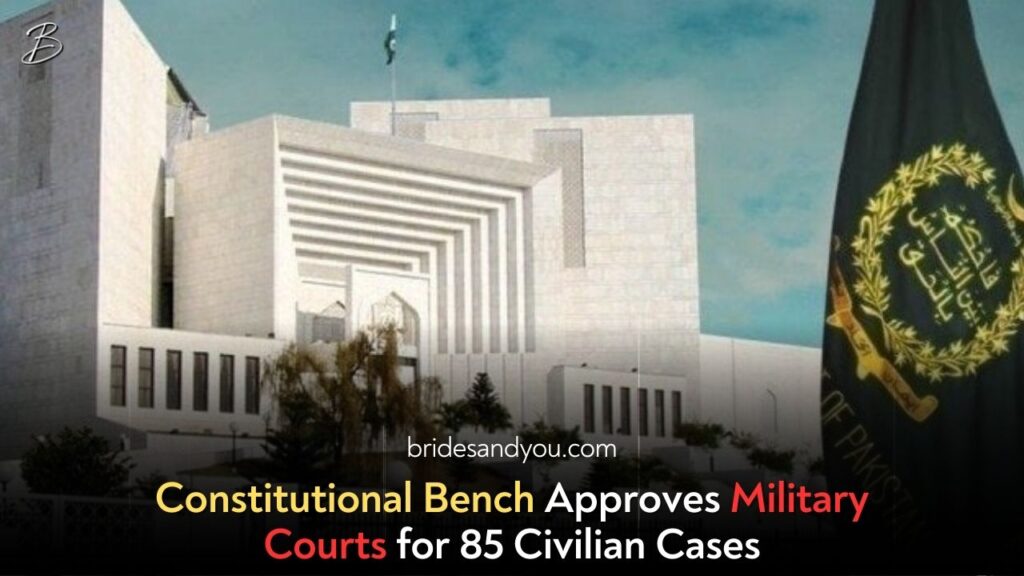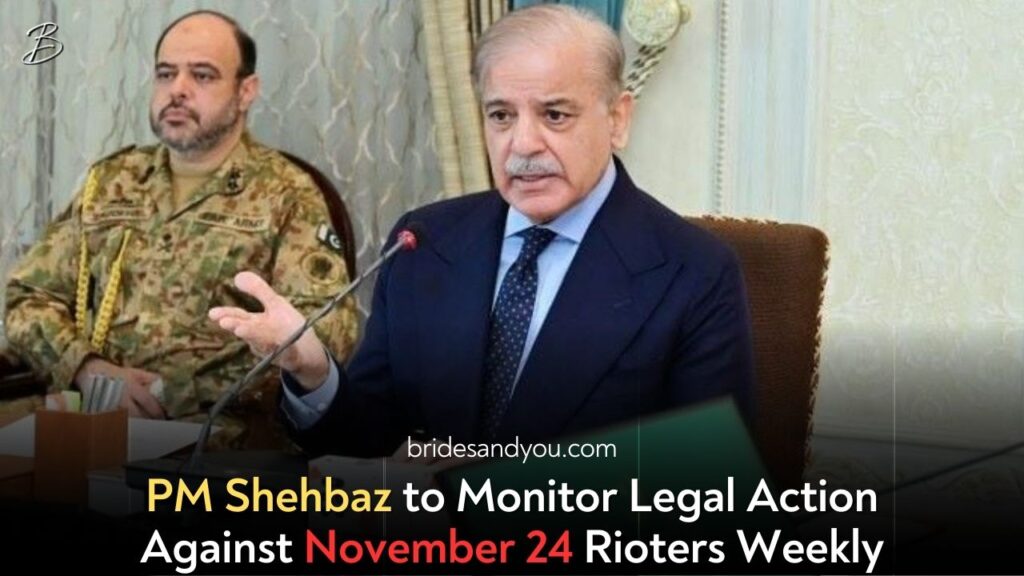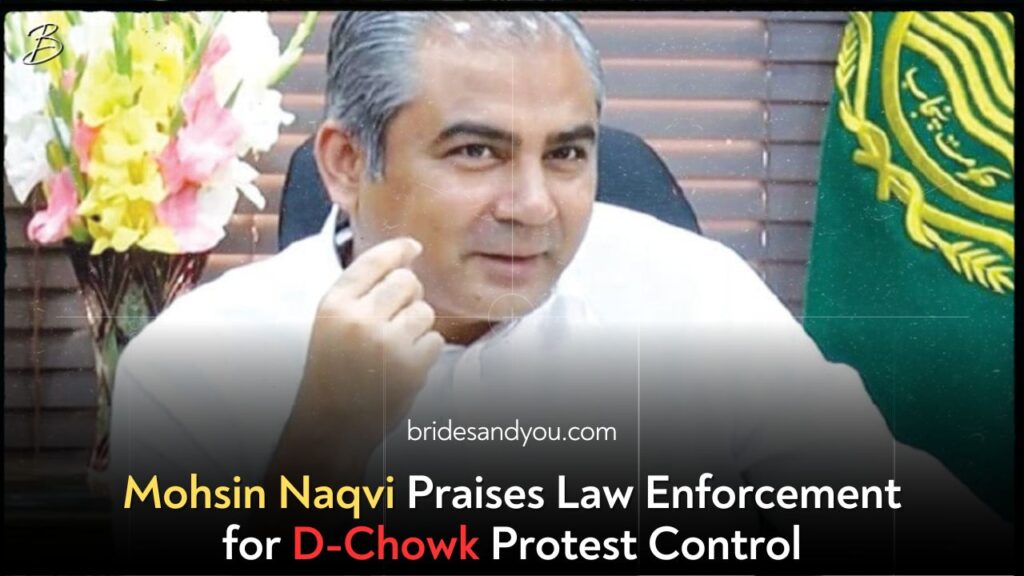Now Reading: SUPREME COURT WARNS: DELAYS WON’T BLOCK RESERVED SEATS VERDICT
-
01
SUPREME COURT WARNS: DELAYS WON’T BLOCK RESERVED SEATS VERDICT
SUPREME COURT WARNS: DELAYS WON’T BLOCK RESERVED SEATS VERDICT
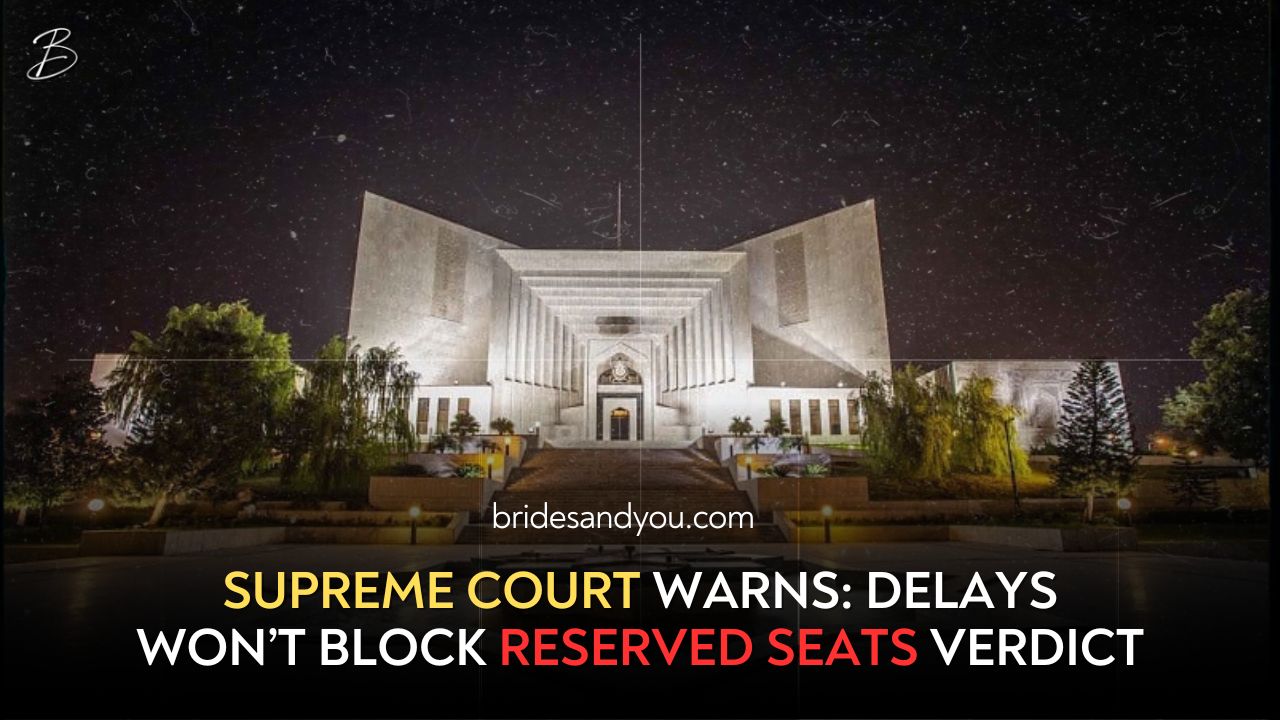
ISLAMABAD: The Pakistani Supreme Court has warned of dire repercussions if its verdict over the reserved seats issue is not carried out, criticising the delay in doing so.
Following its ruling on the Sunni Ittehad Council (SIC) reserved seat issue, an eight-judge court directed the Election Commission of Pakistan (ECP) to promptly provide the list of Pakistan Tehreek-e-Insaf (PTI) returning candidates.
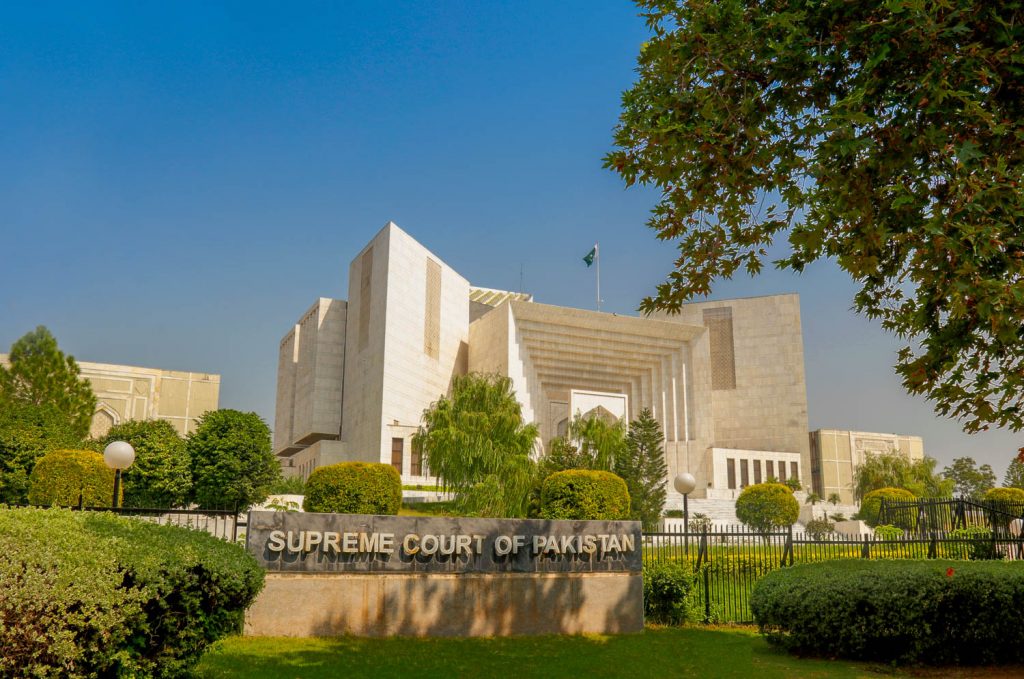
The court explicitly said in its four-page ruling that a political party’s legal and constitutional rights are unaffected by the lack of an electoral emblem.
“PTI remains a recognised political party and has secured seats in both national and provincial assemblies,” the justices said.
The PTI-affiliated SIC filed an appeal in July, and the full court bench granted it, reversing a ruling by the Peshawar High Court that had upheld the ECP’s decision to deny SIC reserved seats in legislative assemblies. By obtaining reserved seats, the ruling enabled PTI to reclaim its standing as the largest party in the National Assembly.
Based on party affiliation certificates submitted before the general election, most courts acknowledged 39 out of the 80 SIC MPs as PTI members, allowing the remaining 41 to join the party within a 15-day period. Chief Justice Qazi Faez Isa was among the five judges who dissented from the majority ruling.
Concurrently, there is increasing conjecture that the federal government is getting ready to unveil a comprehensive package of judicial reform, which may encompass fundamental modifications. According to reports, these modifications might raise the retirement age for judges of superior courts and modify the procedure for selecting the Chief Justice of the Supreme Court.
The planned constitutional modifications may come to an end as a result of the Supreme Court’s order. If approved, the changes would give the prime minister, who would choose from a group of senior judges, authority to name the chief justice instead of the judiciary. According to the administration, this would lessen internal lobbying in the court.
A controversial topic in the reforms is the proposal to raise the retirement age, but there is also talk of moving justices between high courts. Although the government has not yet decided on a stance, insiders indicate that the reform package might be presented to parliament shortly.
There is broad consensus within the coalition regarding the necessity of fundamental judicial changes, notwithstanding disagreements on specific issues. It is still unknown if the administration will obtain the two-thirds majority required to enact any constitutional amendments.
As speculation mounts, the government has summoned both the National Assembly and Senate for rare Saturday sessions, sparking further debate on the timing and content of the proposed changes.

